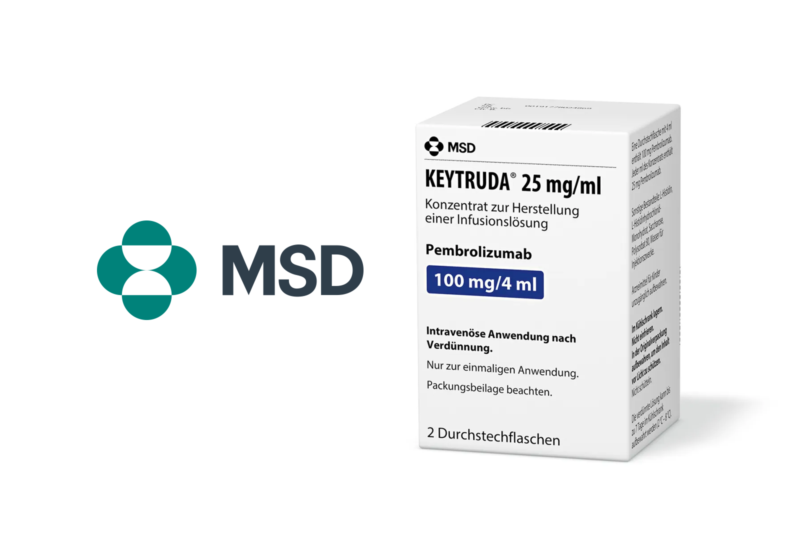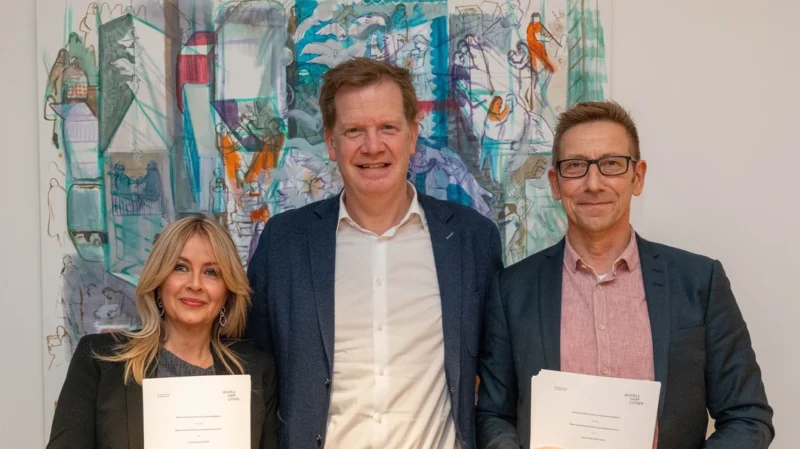
Tuesday, September 23, 2025
German Medical Association demands: Contributions for citizens’ benefit recipients must be fully financed through tax revenues
The strained financial situation of the statutory health insurance system (GKV) highlights the risk of major distribution conflicts within German healthcare. In light of the 2026 budget negotiations, German Medical Association President Dr. Klaus Reinhardt has issued a clear appeal to Finance Minister Lars Klingbeil (SPD): The federal government must urgently set the course for a fairer balance of financial responsibilities.
Specifically, Reinhardt demands that contributions for citizens’ benefit recipients be fully financed through tax revenues. So far, health insurers have shouldered this burden – a model that, according to the German Medical Association, is neither fair nor sustainable. What is needed is a significant increase and dynamic adjustment of federal allocations, aligned with the actual per-capita spending of the GKV.
Reinhardt stresses: “Covering health insurance contributions for citizens’ benefit recipients is a societal promise of solidarity that cannot be fulfilled solely by contributors.” Responsibility for fair financing lies with the state and society as a whole.
At the same time, he warns of the consequences if the government fails to act: a lack of funds for patient care could lead to higher contributions, benefit cuts, and worsening working conditions for nurses, doctors, and other frontline healthcare staff. “Those who demand solidarity must also extend it to those who guarantee care,” Reinhardt emphasizes.
Looking ahead, he underlines that permanently relieving the GKV of non-insurance-related costs is crucial to keeping the healthcare system stable, fair, and sustainable. Beyond that, however, deep structural reforms are needed to ensure that limited financial and human resources are used efficiently and in line with patients’ medical needs.







